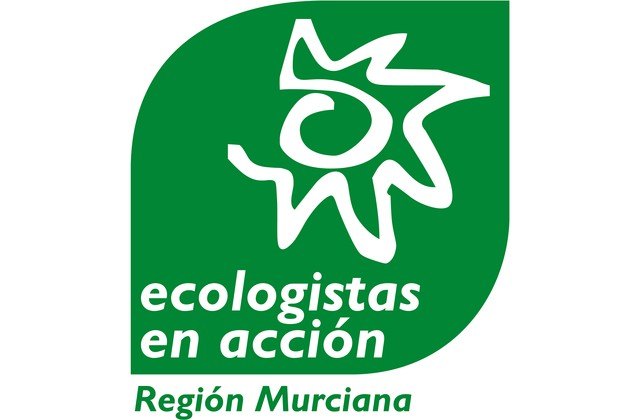Ecologists in Action of the Murcian Region has recently sent a letter addressed to the Councilor for Urban Planning and Services of the City Council in which they state that "during the confinement and de-escalation there have been agricultural burns in the municipality of Totana.
The burning of agricultural residues is join activity not allowed by Law 22/2011, of July 28, on contaminated waste and soil (there is only one exception in the case of a plant epidemic, certified by Plant Health) and the joint Resolution between the Directorates-General for the Environment and Mar Menor, Public Health and Addictions, Agriculture, Livestock, Fisheries and Aquaculture, and the Natural Environment, in relation to burning practices in the agricultural sector, of February 20, 2019 ". "Emissions from agricultural burning are made up of various gases, soot and particles.
Their composition depends on the materials burned, and may, in some cases, even contain dioxins.
On the other hand, smoke triggers levels of particle contamination.
PM 2,5 and PM10 ", continues the document to which Noticias Totana has had access."The smoke from burning burns the levels of particle pollution and makes exposed people more vulnerable to respiratory infections.
Particulate air pollution lowers the defenses of exposed people and damages their respiratory and cardiovascular systems, making them more vulnerable "Something especially serious in the current context of health crisis caused by a virus that affects the respiratory system," added Ecologists in Action.
"Being Totana, along with its districts, an eminently agricultural municipality that also has a peri-urban environment populated by second homes with a wide extension of orchards and gardens."For all the above, from Ecologists in Action request: 1.
That the consistory increases the control and vigilance over this type of practices, as well as the opening of sanctioning files. 2.
That the consistory promote the development of alternative mechanisms to public or collaborative agricultural burning with farmers and agricultural organizations, involving the use of pruning crushers and other devices for the sustainable management of agricultural residues. 3.
That the consistory include in its public communication program the allusion to this serious environmental and public health problem for the awareness of the population.


